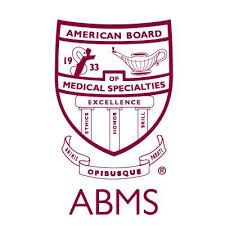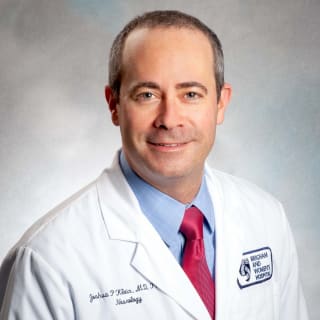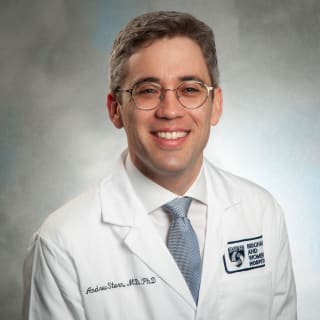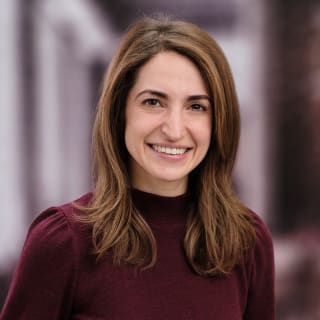
Join to View Full Profile
Building for Transformative Medicine 10016L60 Fenwood RoadBoston, MA 02115
Phone+1 617-726-2000
Dr. Khurana is on Doximity
As a Doximity member you'll join over two million verified healthcare professionals in a private, secure network.
- Gain access to free telehealth tools, such as our “call shielding” and one-way patient texting.
- Connect with colleagues in the same hospital or clinic.
- Read the latest clinical news, personalized to your specialty.
Summary
- Vik Khurana is on the faculty at Harvard Medical School and Brigham and Women's Hospital, and a scientific co-Founder of Yumanity Therapeutics. His clinical and research interests relate to neurodegenerative movement disorders, including Parkinson's disease, multiple system atrophy and the cerebellar ataxias. He is a medical graduate of the University of Sydney, Australia, and came to Boston as a Fulbright Scholar and Merck Company Foundation Fellow in 2001, obtaining his Ph.D. in neurobiology from Harvard University in 2006. He completed his residency in Neurology at Brigham and Women's and Massachusetts General Hospitals, and Fellowship training in Movement Disorders and Ataxia at Massachusetts General Hospital. He was a postdoctoral Fellow at the Whitehead Institute/MIT with Susan Lindquist and Rudolf Jaenisch. His research efforts aim to develop novel therapies for neurodegenerative diseases by using diverse model systems including patient-derived stem cells. This work has been supported by funding from the Howard Hughes Medical Institute, the JPB Foundation, and awards from foundations including the American Brain Foundation,Parkinson's Disease Foundations and Multiple System Atrophy coalition . Vik is a member of the Global Multiple System Atrophy Roadmap Consortium and sits on the Board of the MSA Coalition. His recent research has been published in leading journals, including Science, Cell Systems and Cell.
Education & Training
 Mass General Brigham/Brigham and Women's Hospital/Massachusetts General Hospital/Harvard Medical SchoolFellowship, Neurology, 2010 - 2012
Mass General Brigham/Brigham and Women's Hospital/Massachusetts General Hospital/Harvard Medical SchoolFellowship, Neurology, 2010 - 2012 Mass General Brigham/Brigham and Women's Hospital/Massachusetts General Hospital/Harvard Medical SchoolResidency, Neurology, 2007 - 2010
Mass General Brigham/Brigham and Women's Hospital/Massachusetts General Hospital/Harvard Medical SchoolResidency, Neurology, 2007 - 2010 Mass General Brigham/Brigham and Women's HospitalInternship, Internal Medicine, 2006 - 2007
Mass General Brigham/Brigham and Women's HospitalInternship, Internal Medicine, 2006 - 2007 Harvard UniversityPh.D., Neurobiology, 2001 - 2006
Harvard UniversityPh.D., Neurobiology, 2001 - 2006 University of Sydney Faculty of MedicineClass of 2000
University of Sydney Faculty of MedicineClass of 2000
Certifications & Licensure
 MA State Medical License 2010 - 2027
MA State Medical License 2010 - 2027 American Board of Psychiatry and Neurology Neurology
American Board of Psychiatry and Neurology Neurology
Clinical Trials
- Effect of Verdiperstat on Microglial Activation in Well-characterized MSA Patients Start of enrollment: 2020 Dec 30
Publications & Presentations
PubMed
- CLEC16A in astrocytes promotes mitophagy and limits pathology in a multiple sclerosis mouse model.Atsushi Kadowaki, Michael A Wheeler, Zhaorong Li, Brian M Andersen, Hong-Gyun Lee
Nature Neuroscience. 2025-03-01 - Cholesterol-mediated Lysosomal Dysfunction inAstrocytes Promotes α-Synuclein Pathology in Human Brain Tissue.Louise A Mesentier-Louro, Camille Goldman, Alain Ndayisaba, Alice Buonfiglioli, Rikki B Rooklin
Biorxiv. 2025-02-14 - Multimodal Digital Phenotyping of Behavior in a Neurology Clinic: Development of the Neurobooth Platform and the First Two Years of Data Collection.Adonay S Nunes, Siddharth Patel, Brandon Oubre, Mainak Jas, Divya D Kulkarni
Medrxiv. 2025-02-06
Press Mentions
 Cell Model Recreates Dynamics of Alpha-Synuclein Clumping: StudyAugust 13th, 2024
Cell Model Recreates Dynamics of Alpha-Synuclein Clumping: StudyAugust 13th, 2024 Advanced 'Parkinson's in a Dish' Model Accelerates Brain Disease ResearchJuly 29th, 2024
Advanced 'Parkinson's in a Dish' Model Accelerates Brain Disease ResearchJuly 29th, 2024 A Parkinson’s ‘Game Changer,’ Backed by Michael J. Fox, Could Lead to New Diagnostics and, Someday, TreatmentsApril 12th, 2023
A Parkinson’s ‘Game Changer,’ Backed by Michael J. Fox, Could Lead to New Diagnostics and, Someday, TreatmentsApril 12th, 2023- Join now to see all
Grant Support
- Investigating physiologic and pathophysiologic connections between the Parkinson's disease protein alpha-synuclein and RNA binding proteinsBRIGHAM AND WOMEN'S HOSPITAL2023–2028
- Elucidating the Biological Differences Between Distinct Fibrillar and Non-Fibrillar Alpha-Synuclein Inclusions in Human Stem-Cell ModelsBRIGHAM AND WOMEN'S HOSPITAL2020–2025
- Elucidating the Biological Differences Between Distinct Fibrillar and Non-Fibrillar Alpha-Synuclein Inclusions in Human Stem-Cell ModelsBRIGHAM AND WOMEN'S HOSPITAL2020–2025
- Elucidating the Biological Differences Between Distinct Fibrillar and Non-Fibrillar Alpha-Synuclein Inclusions in Human Stem-Cell ModelsBRIGHAM AND WOMEN'S HOSPITAL2020–2025
Viewing the full profile is available to verified healthcare professionals only.
Find your profile and take control of your online presence:









